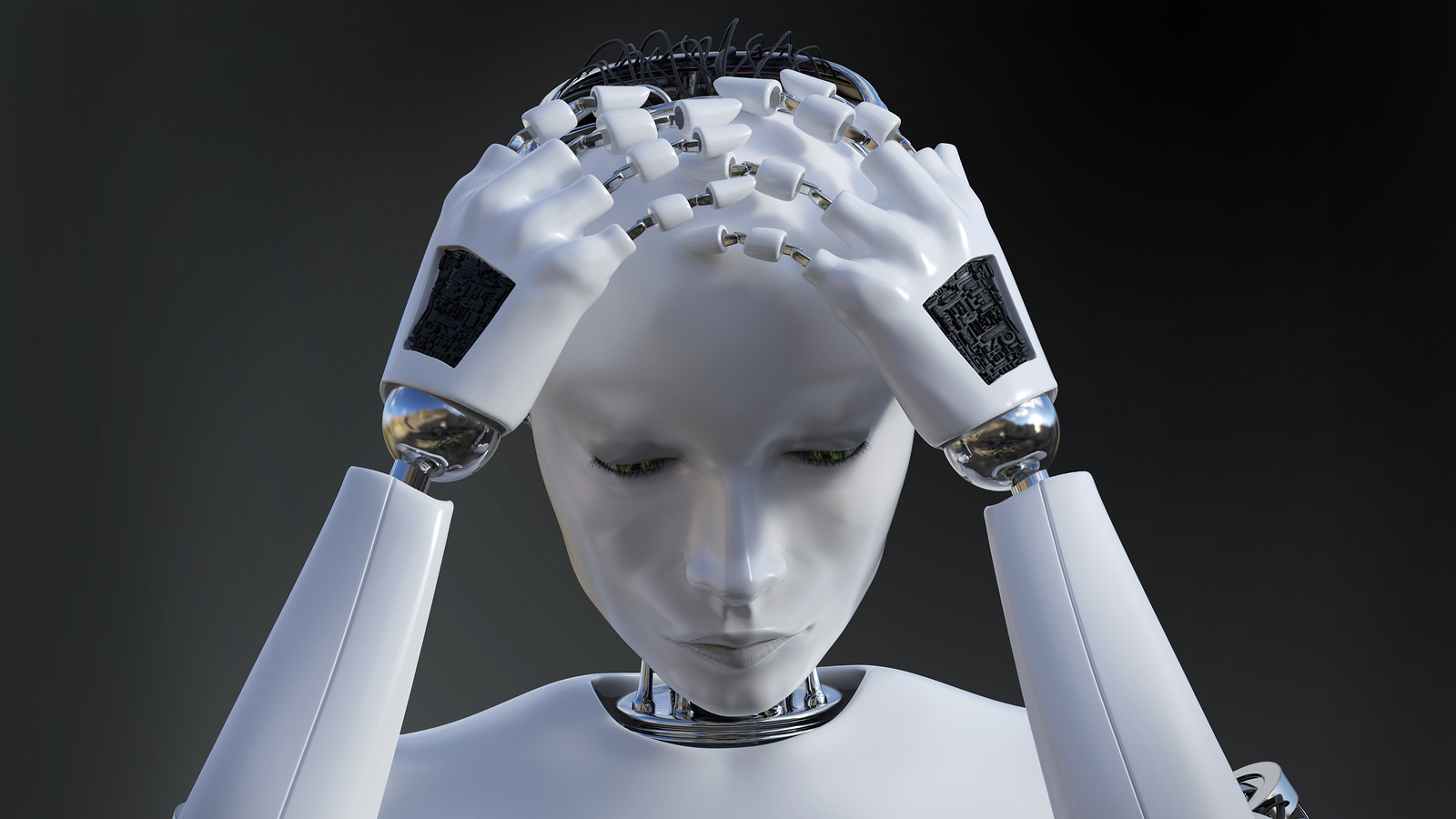Microsoft: CIOs have a responsibility to dispel automation fears
Microsoft's COO says failing to address AI concerns puts innovation at risk

CIOs need to ensure that any employees fears about automation are dispelled, if they are to get the most out of their digital transformation efforts, according to Microsoft's UK COO.
"One of the main reasons people don't go ahead with driving any form of digital disruption or digital transformation is really around the fear of not being able to do it or employees being afraid of things going wrong," said Clare Barclay, speaking to IT Pro.
"What's critical is the way that CIOs are talking to their employees and the way they communicate - they need to highlight the opportunity that people have to move away from doing just transactional work and instead do higher value work. Yes, there may be some automation in some aspects, but that means their role will evolve and change."
The comments coincide with Microsoft's largest ever research report into the effects of digital transformation efforts on UK businesses and their employees, called Creating a Culture of Digital Transformation. Of those companies currently investing in digital transformation strategies, only 23% are deploying cultural change programmes designed to help workers adapt to their new roles.
"When employees know why it's changing, and what plan you're on, it makes people feel a bit calmer," said Barclay. "I think often more anxiety gets raised when people don't know what's going on."
Microsoft's joint research project, in association with Goldsmiths University, saw it commission a survey of 1,000 UK business leaders, finding that 61% of them said new technology was creating anxiety among employees.
By neglecting their responsibilities to ensure employees are comfortable in their new working environments, businesses are putting their operations at risk, according to Barclay.
Get the ITPro daily newsletter
Sign up today and you will receive a free copy of our Future Focus 2025 report - the leading guidance on AI, cybersecurity and other IT challenges as per 700+ senior executives
"The digital disruption is going to continue, and if organisations aren't dealing with that, they risk at the very worst going out of business, or not being as commercially successful or being able to deal with the change of new competitors coming into the industry."
However, she added that trying to convince employees that digital transformation will be a positive thing is a tough sell. Media reports have often painted artificial intelligence and automation as a threat to the workplace, where humans are replaced by robots that are far more efficient.
"There's a lot of scare-mongering that goes on, but people need to be open to retraining to make sure they have the digital skills that are needed in the modern workplace," said Barclay. "In a process of implementing technology, whether it's now or in the past 10 years, there are lots of jobs that have changed as technology has advanced and innovation takes place."
Microsoft's report echoes similar findings by analyst firm Gartner, which argued that CIOs have responsibility for integrating AI and human staff in the workplace. One proposal was to introduce training and upskilling courses for employees that allow them to move into more creative roles, rather than the purely analytical ones likely to be replaced by AI.
Yet the UK government has also been criticised for its lack of leadership on digital skills. The Science and Technology Committee published a report last year that concluded that AI will dramtically reshape UK industries, and people need to be retrained to be able to find employment.
However, Barclay claimed: "With the heritage of skills and capabilities, research focus, and the innovation coming from our universities around AI that we have in the UK, we're pretty well poised to advance the competitiveness of UK businesses.
"But [businesses] need to make sure they're taking time to really think about how they are changing and digitally transforming, and whether they have the right cultural programs in place to do that."
Dale Walker is a contributor specializing in cybersecurity, data protection, and IT regulations. He was the former managing editor at ITPro, as well as its sibling sites CloudPro and ChannelPro. He spent a number of years reporting for ITPro from numerous domestic and international events, including IBM, Red Hat, Google, and has been a regular reporter for Microsoft's various yearly showcases, including Ignite.

